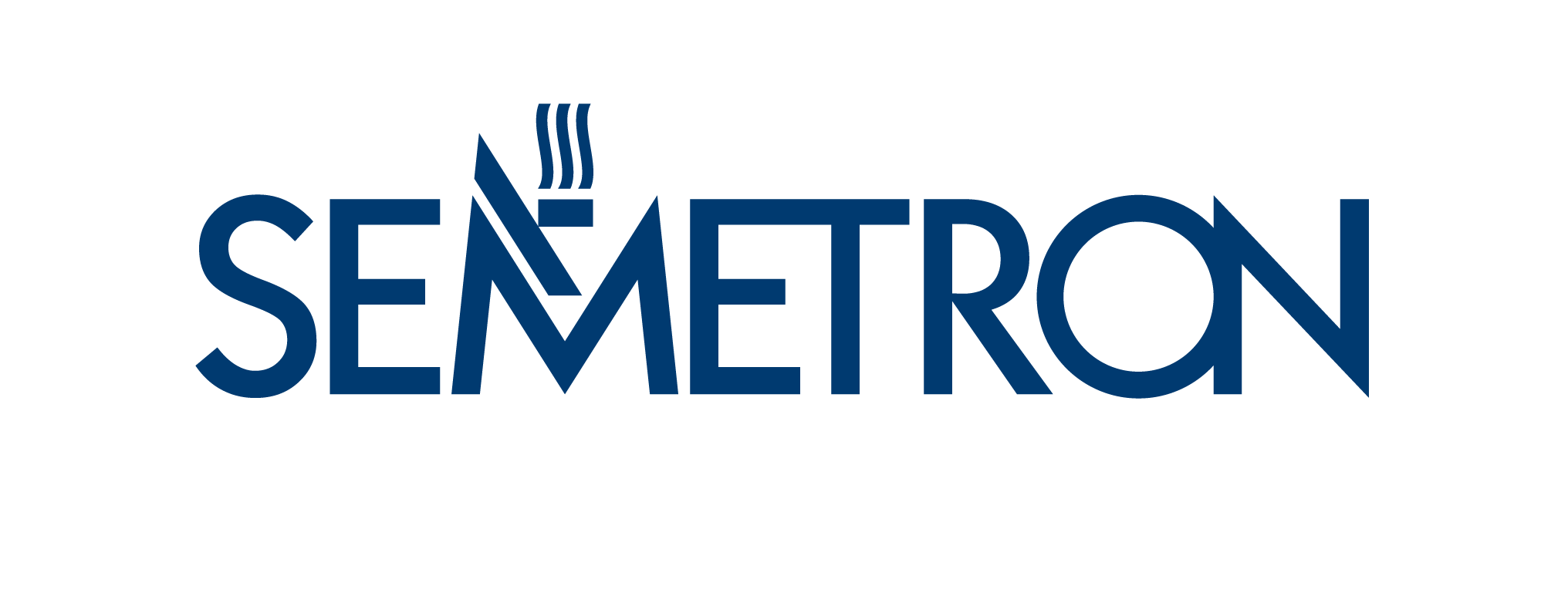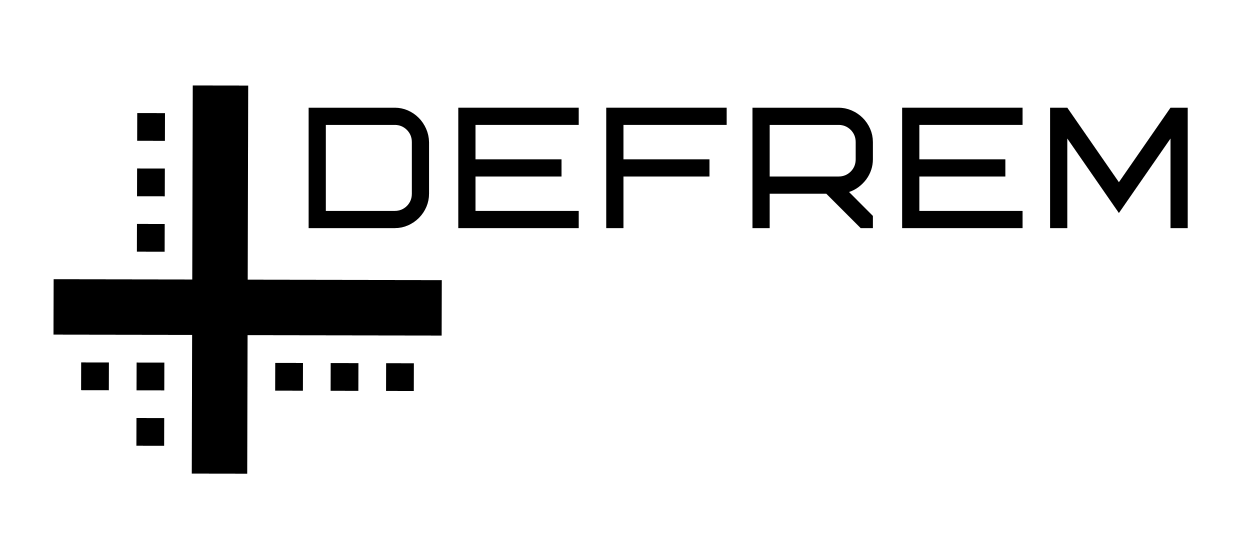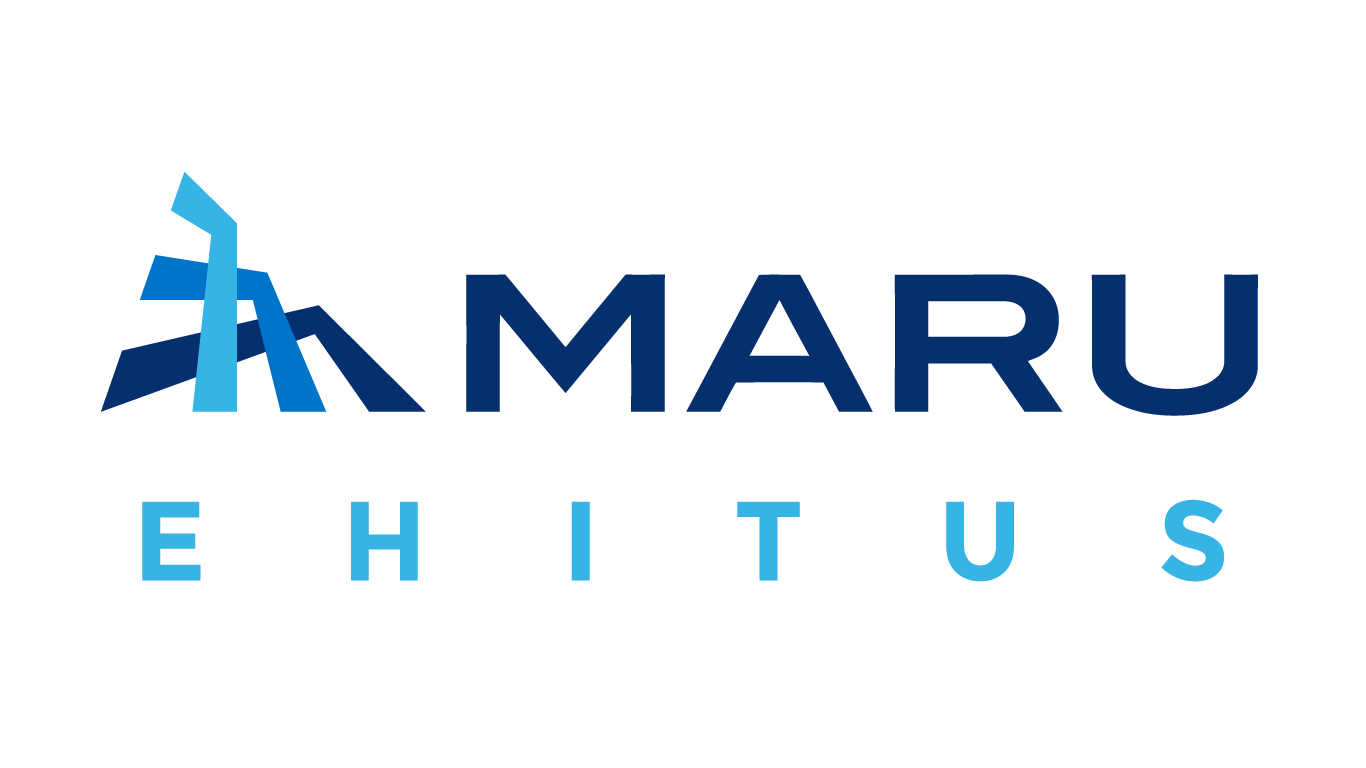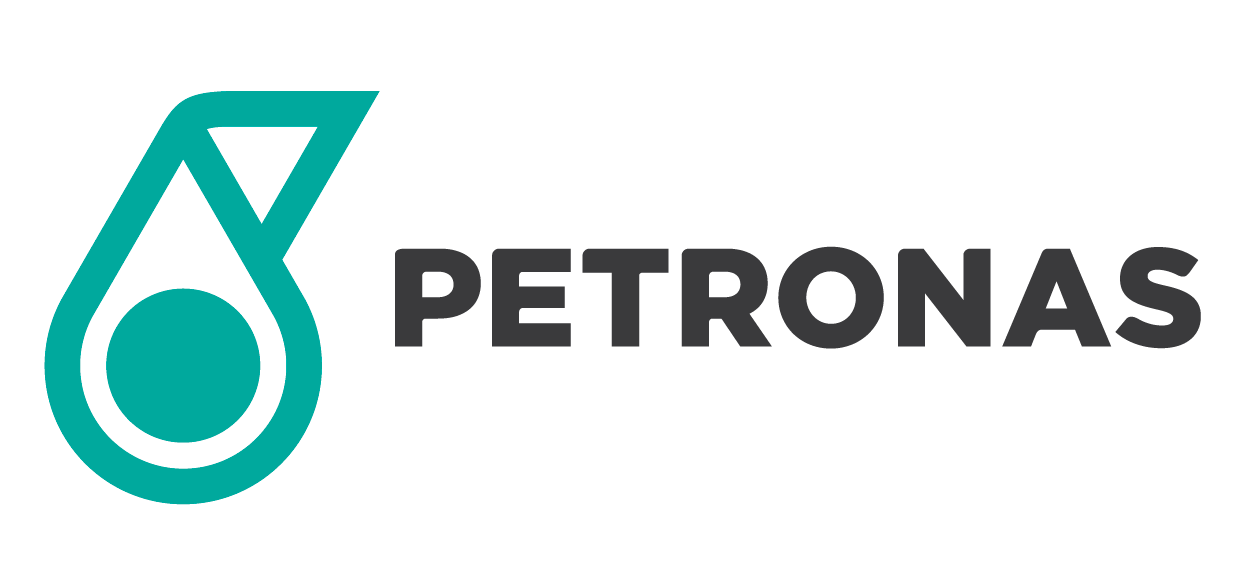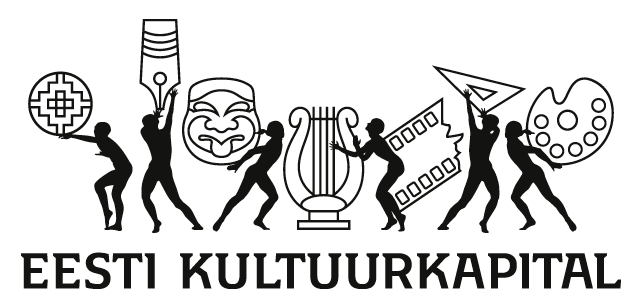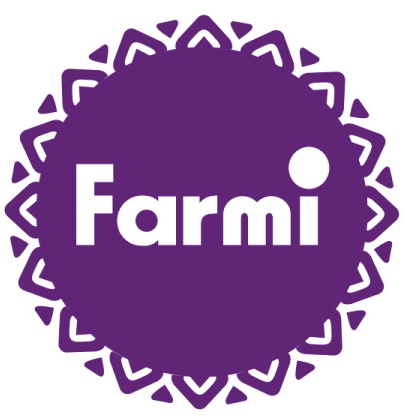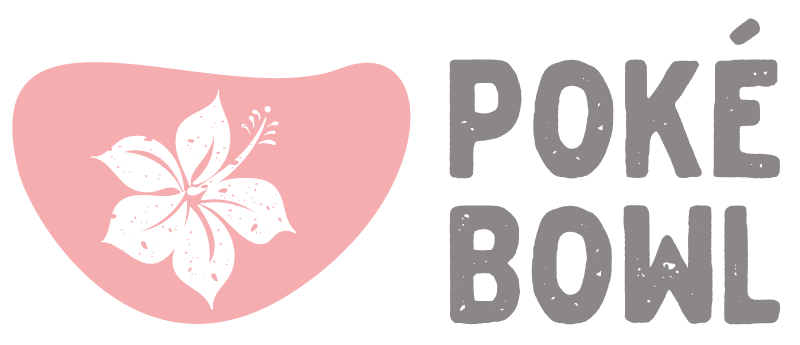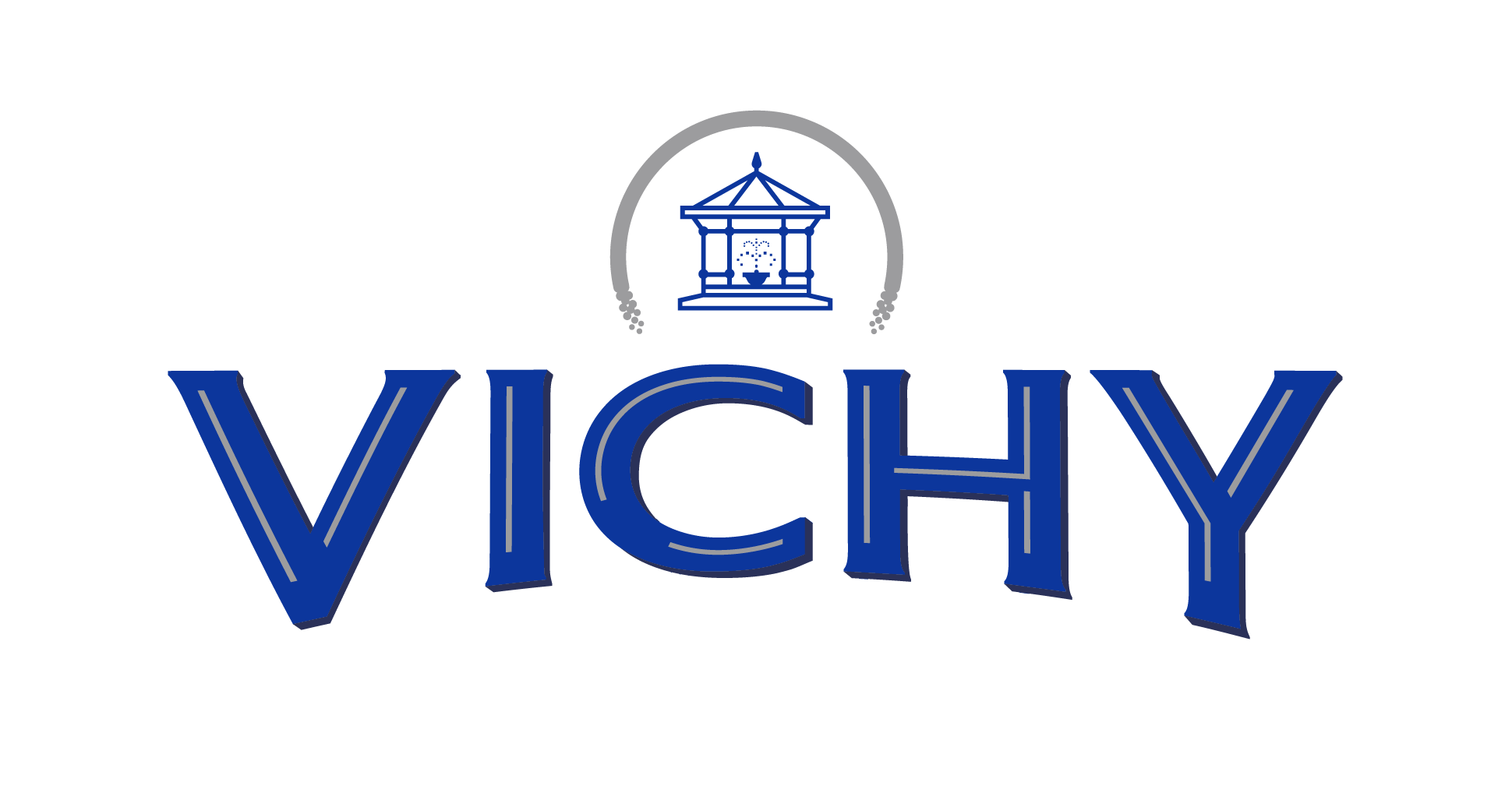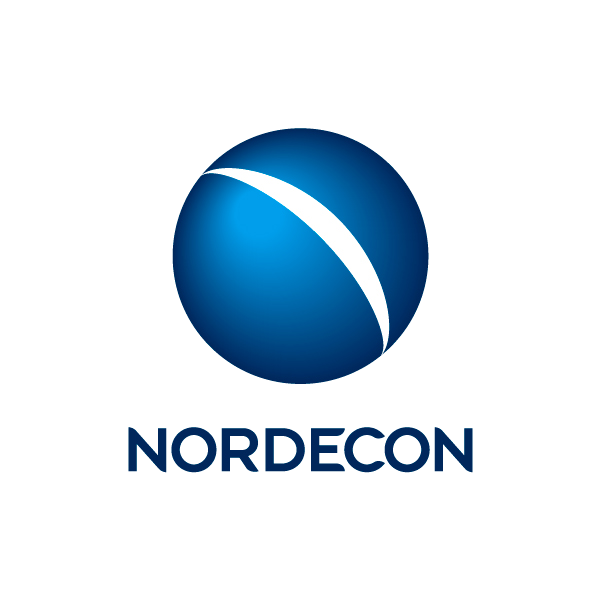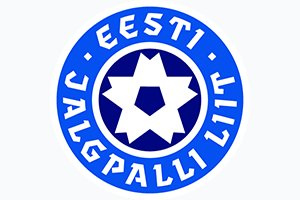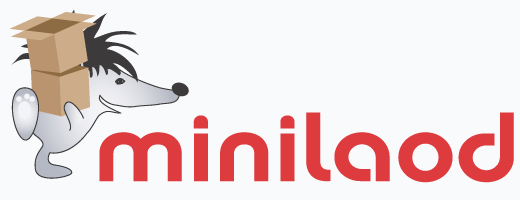We thank the major sponsors
Veteran Merike Johanson
16.03.2016
Merike Johanson- Doctor, Head of the Aftercare Clinic of the North Estonian Regional Hospital
What has your career been like in the Defence Forces (where have you served and for how long)?
I started working in Defence Forces in the Tartu Infantry Company in June 1993. It became a battalion at some point. I worked as a physician. From February 2001, I started working at the Health Center of the Defence Forces as its manager, and worked there until I retired (December 2011).
What has your career been like in the Defence Forces (where have you served and for how long)?
1) 1998 -1999 spring, in Bosnia SFOR-6
2) 2000 summer, in Bosnia SFOR-9
3) 2004 – 2005 Afganistan ISAF-6
4) 2007 – 2008 Afganistan ISAF – ESTCOY 6/NSE 5 (I guess it was like that – I’m starting to forget)
Why did you decide to go on a mission?
I went to the first mission after a recommendation from Tõnis Asson who is a long-time acquaintance.
As for the rest of them (the missions) because there was a will to somehow support the Estonian soldiers participating in those events.
As the first experience was positive, there was no reason not to accept the offer of medical service.
What is your profession today?
Today, I work as a doctor in the Aftercare Clinic of the North Estonian Regional Hospital. Also, I am the head of this clinic.
What is your connection with the Defence Forces today?
This contact is not very frequent anymore, but when I get together with my former colleagues or those who went on a mission, there is something to talk about. Through the media, I keep an eye on articles or statements about the Defence Forces.
What was the main takeaway from the mission experience? How did this affect choices later in life?
Regardless of rank and position, all people must be treated equally and you need to give the best that can be done in the given situation.
The people I encountered on the missions were incredibly nice. There have been two people during all of these trips where we both had to work hard to put up with each other. But we managed it.
It taught to respect and hold in high regard the people who dare and want to go on a mission.
Additionally, it taught to see the vulnerable side of people and to deal with it and to help them to the best of my ability.
It was necessary to take time (sometimes hours) to dissect their domestic problems and provide support.
You will understand that another nation (e.g. Danes) may not immediately accept you as a doctor, but if you manage to surprise someone with your activity/work, you suddenly feel/perceive that the whole camp is now yours.
The choices were not affected because I was a doctor and I remained a doctor. I am a doctor.
Leisure activities that always gave me a positive emotion – for example, darts campaign, playing badminton, exploring the world outside the camp by bicycle, SFOR 30 km journeys, trips by plane/twice by helicopter from Camp Bastion to Kandahar, celebrating the anniversary of the Republic with other nationalities, going to the market, meetings with the Minister of Defence and the Head of the Defence Forces who came to visit from Estonia with their staffs, etc.
Which skills and experiences gained on the mission have been useful later on, in work or social life?
I developed the ability to listen to others. I definitely improved my communication skills, my English and I learned to be more patient.
How many people outside of your closest circle know that you’ve been on a mission/missions?
If it has come up with someone, I’ll talk. But I don’t just let everyone know about it.
What is the first reaction when people hear that you have been a defence soldier and have been on a mission?
At first the astonishment – You? Then the question – Why? The third question – Was it scary? After that they will continue with compassion – You must have really experienced some terrible things.
What do you think or feel when you see people wearing a Blue Hepatica pin?
While studying English in Canada in 2002, we participated in the Red Poppy campaign and were part of the celebrations of this day.
It was a festive, yet very warm-hearted event. About ten years later, we have the same day and our own blue Hepatica, which is very beautiful by the way.
I am very glad that we can talk about Veterans Day as a tradition. Kudos to those who have been and continue to be behind this event.
It’s nice that Estonians have embraced it and are showing their solidarity. Whoever does good to others also does good to themselves.
Is there someone you think of or salute when you wear a Blue Hepatica pin?
My mission companions. And inevitably, the thought goes to the boys who were injured during the mission. Fortunately no one died during my visits but one boy lost both legs. Through the media and ex-servicemen, I know that he is a very determined person striving forward in life.
A person who is able to rise again after “falling” and move forward deserves the deepest respect.
What do you wish for your fellows and the entire Estonian nation on this Veterans Day?
First of all, I wish to greet everyone and say that there will always be a place for them in my heart.
We are all connected. There has been pain and beauty. But every pain has a reason. And it is always the price that has been paid either for something that has been or for something that is to come.
Finally a quote by writer Lucy Maud Montgomery that is very much in line with my beliefs:
“There is so much in the world for us all if we only have the eyes to see it, and the heart to love it, and the hand to gather it ourselves.”
The donations of the charity campaign go to the Estonian Society of Wounded Soldiers
We thank the major sponsors and sales partners
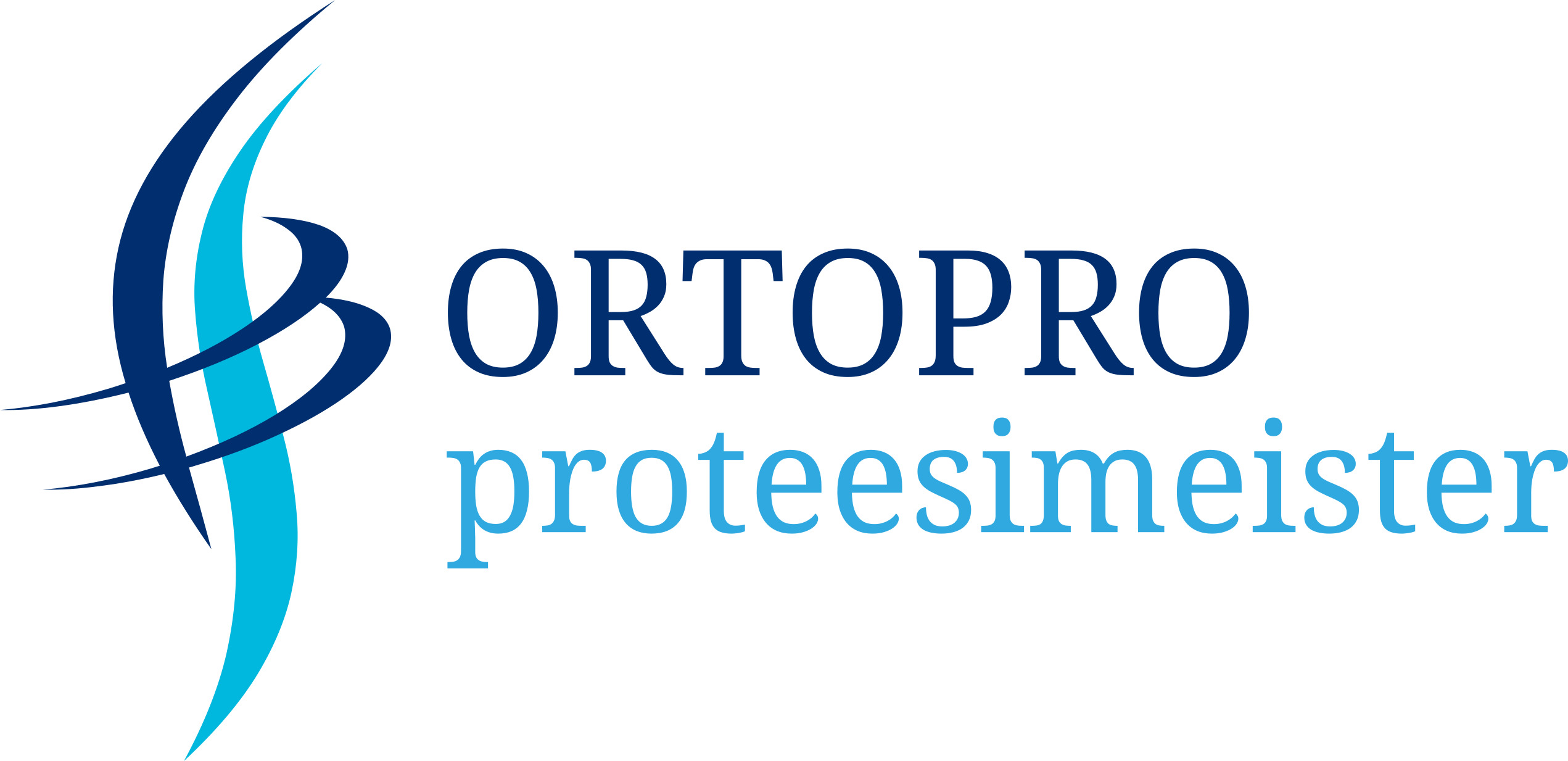



We thank the sponsors and partners
